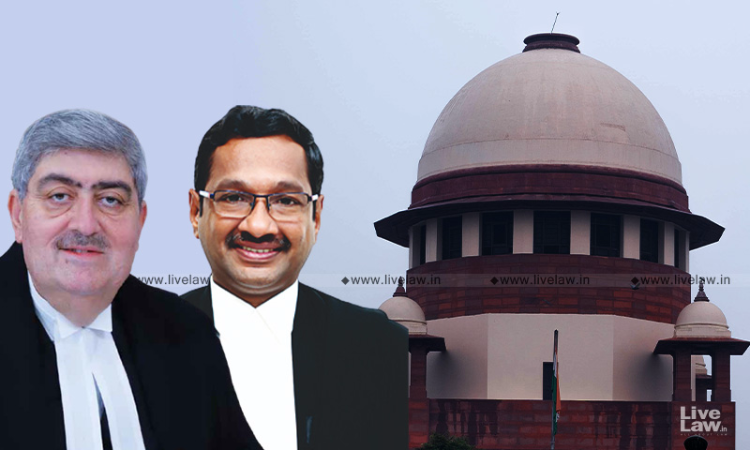Proving Case Beyond Reasonable Doubt Does Not Mean To Nitpick To Find Excuse To Obtain Acquittal: Supreme Court
LIVELAW NEWS NETWORK
1 Feb 2022 9:35 AM IST

Next Story
1 Feb 2022 9:35 AM IST
"The test which is applied of proving the case beyond reasonable doubt does not mean that the endeavour should be to nick pick and somehow find some excuse to obtain acquittal.", the Supreme Court remarked in a judgment dismissing appeals filed by murder accused.Pappu Tiwari, Sanjay Ram, Uday Pal, Ajay Pal, Pintu Tiwari and Law Tiwari were convicted by the Trial Court under Section 302 of...
